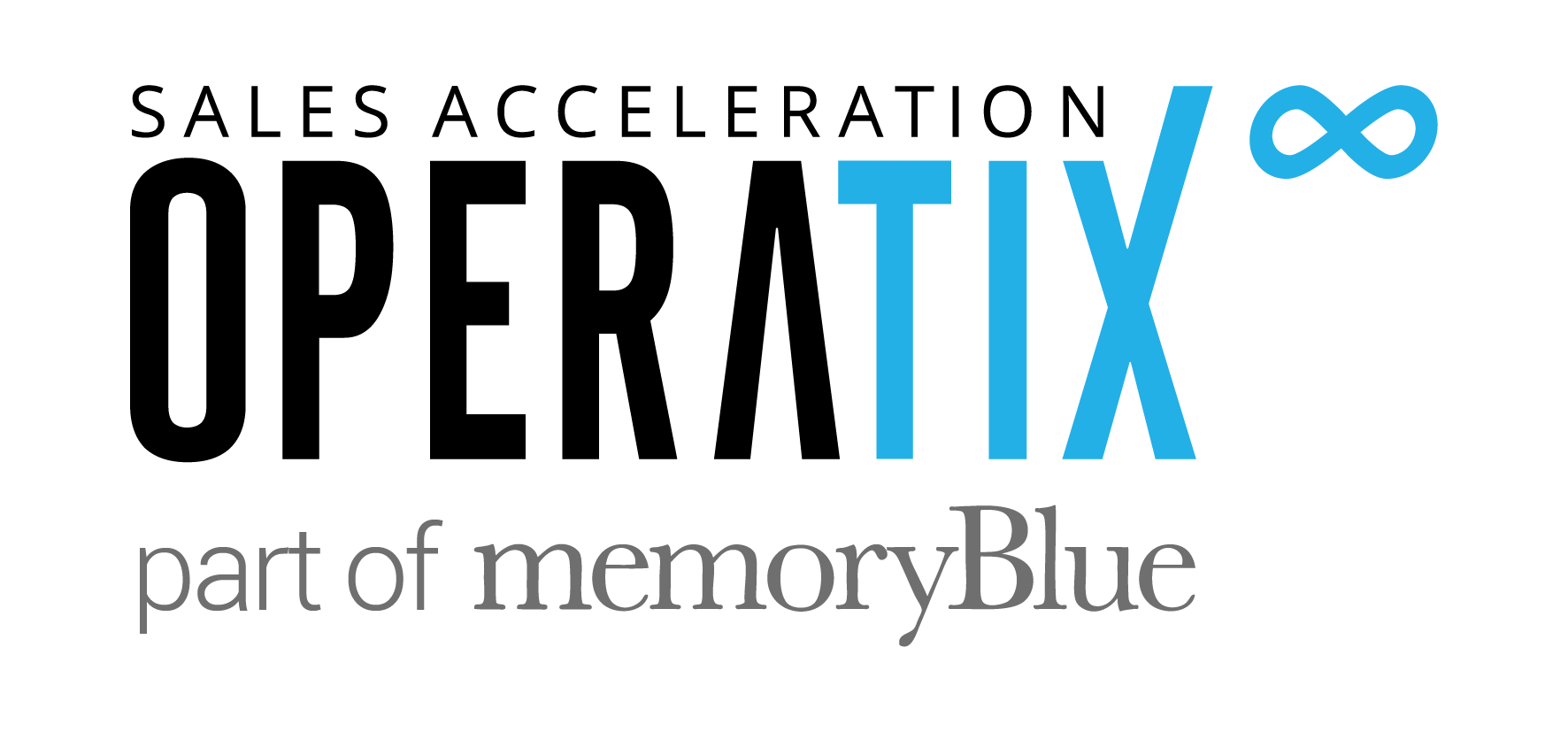There has been tremendous growth in the technology sector in recent years – but is this all going to change?
Tech has always been regarded as a thriving industry; VCs were injecting money into vendors, companies were propelled into hypergrowth mode and momentous valuations were increasingly common.
However, with talks of an economic downturn looming, the narrative is already starting to change. Vendors are laying off staff and companies are shrinking. But what is the real impact of the economic recession? Will it be as harmful as predicted, or are people simply responding to fear?
In this episode of B2B Revenue Acceleration, Aurelien Mottier (CEO and Co-Founder, Operatix) discusses this topic with Didi Dayton (Head of Platform and Community, True Search).
Listen in as they give their opinion on how the economic downturn will impact the tech industry, as well as tips on how revenue leaders can keep growing their businesses during this uncertain climate.
How will the economic downturn impact the tech industry?
With the cost of living rising, rumours of an economic downturn are certainly in the air – and hard to ignore. According to Didi’s sources, September or October will be turbulent months for the tech sector.
However, not everything is gloomy in this regard. Businesses are still continuing to protect their IT budgets and new jobs are regularly being created, something which Didi sees as a good leading indicator of the state of the market. Certain sectors are doing better than others, with ad tech, gaming, observability and SaaS security software still going strong.
One notable impact has been on investment. Now more than ever there is more scrutiny on both budget and investment, going from an open high valuation market to a more cautious return. The SaaS market has been reevaluated, for example, and a lot of those valuations that were over-inflated are coming back down to what Didi sees as a more reasonable market level.
However, not everything is gloomy in this regard. Businesses are still continuing to protect their IT budgets and new jobs are regularly being created, something which Didi sees as a good leading indicator of the state of the market. Certain sectors are doing better than others, with ad tech, gaming, observability and SaaS security software still going strong.
“B2B is affected, but not as much as B2C businesses in terms of where the cuts are happening. The first cuts are largely in SG&A, and the consumer-focused companies are much more centred around operations and SG&A.”
– Didi Dayton, Head of Platform and Community at True Search
Didi believes that while yes, the recession is very real and companies are seeing layoffs, much of the tech industry is sheltered from it. More significant effects are being felt by those outside of the core technology sector, such as those in the housing industry.
Employees and the economic downturn
While terminations may be occurring in some sectors, retention and salaries for the sales function are still on the rise. Retaining the right talent will be essential in these cases. Not only do you have to factor in the cost of training, salaries and commission, but also the time it takes to ramp up a new employee. The higher the rank, the more expensive it is.
Holding onto talent, therefore, is more important than ever. You simply cannot afford to lose them, both in terms of having to find a replacement but also in terms of the skills they bring to the table.
However, some businesses cannot afford to invest in the team that they need due to the risk of a recession. For example, a business may need a part-time CFO but may not have the budget to invest in one. Starters, more so, may find this to be the case. Businesses are learning to adapt, utilising fractional leadership, technology and partnerships to jump this hurdle.
“There are two things that businesses are doing – bringing in fractional leadership and relying more on technology. This is allowing them to advance quickly without having to make long term investments. It allows them a lot more flexibility.”
– Didi Dayton, Head of Platform and Community at True Search
By utilizing fractional leadership and technology, businesses are advancing quickly and more flexibly without having to make long-term investments they simply cannot afford or commit to during these uncertain times.
Advice for revenue leaders
According to Didi, the most important things revenue leaders can do to continue growing during this economic climate is to adjust compensation strategy according to new roles and make room for technology. There are a plethora of new solutions out there to help with things like marketing and building customer loyalty without having to make long-term investments, should this not be possible.
The world is becoming increasingly centred around AI, and this will be increasingly more important as budgets become tighter. A shake-up like an economic downturn is an opportunity to revisit strategies, see what can be changed and be made both more efficient and cost-effective.
To hear this interview and many more like it, subscribe to B2B Revenue Acceleration on Apple Podcasts, Spotify, our website, or anywhere you get podcasts.




